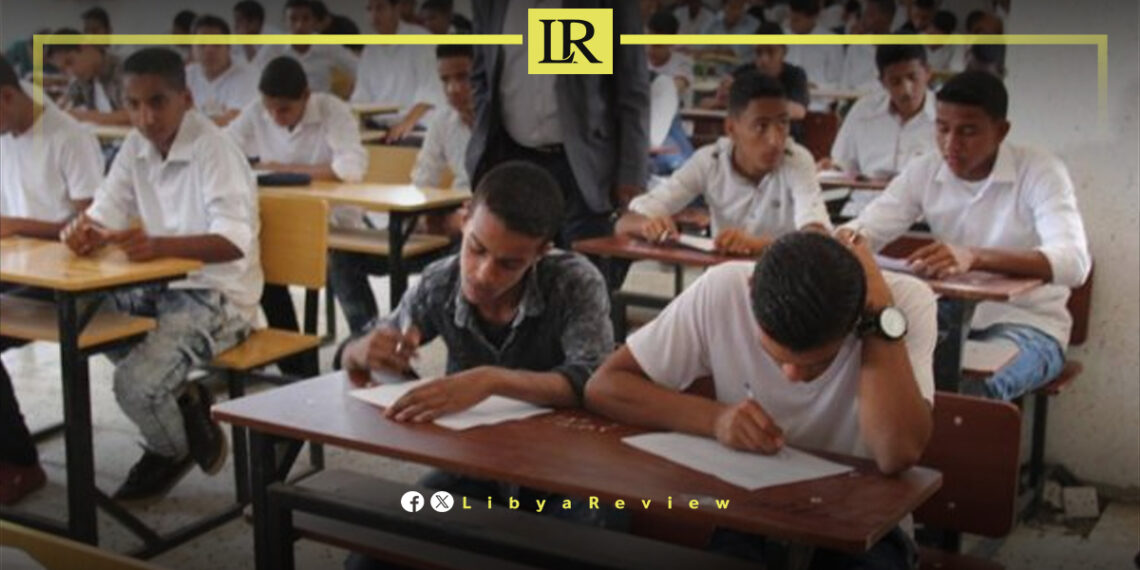Educational services offices in the Jufra regions (Hun, Sukna, and Waddan) announced the suspension of schooling today, Sunday, at all educational levels due to bad weather conditions.
According to the Libyan News Agency (LANA), Ali Abdaldaem, the Director of Education Monitoring in Jufra Municipality, reported that he received notifications from educational offices about suspending classes due to adverse weather conditions and water entering some schools.
Heavy rains fell on Jufra on Saturday, accompanied by intense cold, and power was cut off in many schools in the area.
The National Meteorological Center forecasts that temperatures will remain relatively low today, Sunday, across most parts of Libya, especially in the northeast, with moderately active winds in some southern areas.
Clouds will increase over northern regions and the oases, with light rain expected this morning in Jalu and tomorrow in some coastal areas stretching from Khoms to Misrata.
Libya has been in chaos since a NATO-backed uprising toppled longtime leader Muammar Gaddafi in 2011. The county has for years been split between rival administrations.
Libya’s economy, heavily reliant on oil, has suffered due to the ongoing conflict. The instability has led to fluctuations in oil production and prices, impacting the global oil market and Libya’s economy.
The conflict has led to a significant humanitarian crisis in Libya, with thousands of people killed, and many more displaced. Migrants and refugees using Libya as a transit point to Europe have also faced dire conditions.
The planned elections for December 2021 were delayed due to disagreements over election laws and the eligibility of certain candidates. This delay has raised concerns about the feasibility of a peaceful political transition.
Despite the ceasefire, security remains a significant concern with sporadic fighting and the presence of mercenaries and foreign fighters. The unification of the military and the removal of foreign forces are crucial challenges.


